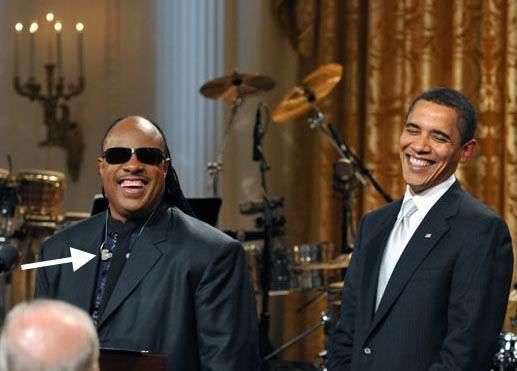I too have a love hate relationship with IEM's.
If your not careful you can feel isolated from the crowd. You gotta put up crowd mics and use them.
You can also have a hard time communicating with the other musicians. The more you play with the band the less you have to actually talk but can gesture.
My guitar amp sounds completely different miced and put in an IEM then it does when it's 5 feet behind me and I'm hearing the sound bounce around the stage. I always think I need more gain.
And the most annoying thing is trying to find an IEM I really like the sound off. That's why I prefer dynamics like Future Sonics. The emphasized bass means I can listen at a much lower volume and not turn it up constantly to get the sound I need.
A stage is generally a boomy place because your often near sub woofers when your inside. Outside it's exactly the opposite. The bass is gone. Especially if the wind is blowing. Anyway, boomy IEM's give you a more visceral feeling to the music which I much prefer. And it's not just the sound of the IEM, but the transmitter/receiver too. My Sennheiser set transmits FM which changes the tonal quality. There can also be malfunctions and frequency problems with drop outs and squeltch that are a big hastle. In larger cities you find yourself changing frequencies each gig to find some clear ones. Hassle.
The good usually outweighs the bad however.
You won't go def! Until now Tinnitus/hearing loss was just a fact of life for musicians. Now you have choice. THIS IS HUGE!! There's been many gigs where I was soooo glad I was using IEM's and didn't have to struggle through the HORRIBLE LOUD sound on stage. I took out my IEM's after the gig and I can hear perfect. No ringing, no dulling.
Most stages during rock shows usually hit 104-106 db and stay there. Or way worse in some cases. Your ears ring. Most people have no idea what is sounds like on stage for a band. It's very unusual. You can't hear crap half the time. The clugs PA and monitors are a joke half the time. Most sound guys are pretty bad. Even when this is not the case a lot of rooms/stages just sound really bad and washy with all that sound bouncing around. Sometimes you get a slap back delay off the back wall thats REALLY distracting. All of this is out of your control most of the time.
IEM's are not. You put in exactly what you want to hear and at what level.
You can hear EVERYTHING that's going on on stage. You vocal confidence get WAY better. You sing and play completely different cause you can hear every little note.
And sometimes, with a good mix, and good IEM's you get epiphonic kind of thing where you can't believe how perfect it sounds and you wish you could give a set to everybody in the audience cause it sounds way better to you then it does to anybody else listening. Those nights you wear a perma-grin all night and look like a idiot on stage. Then you start spending money and time on your IEM rig and posting here.
Right Joe?




